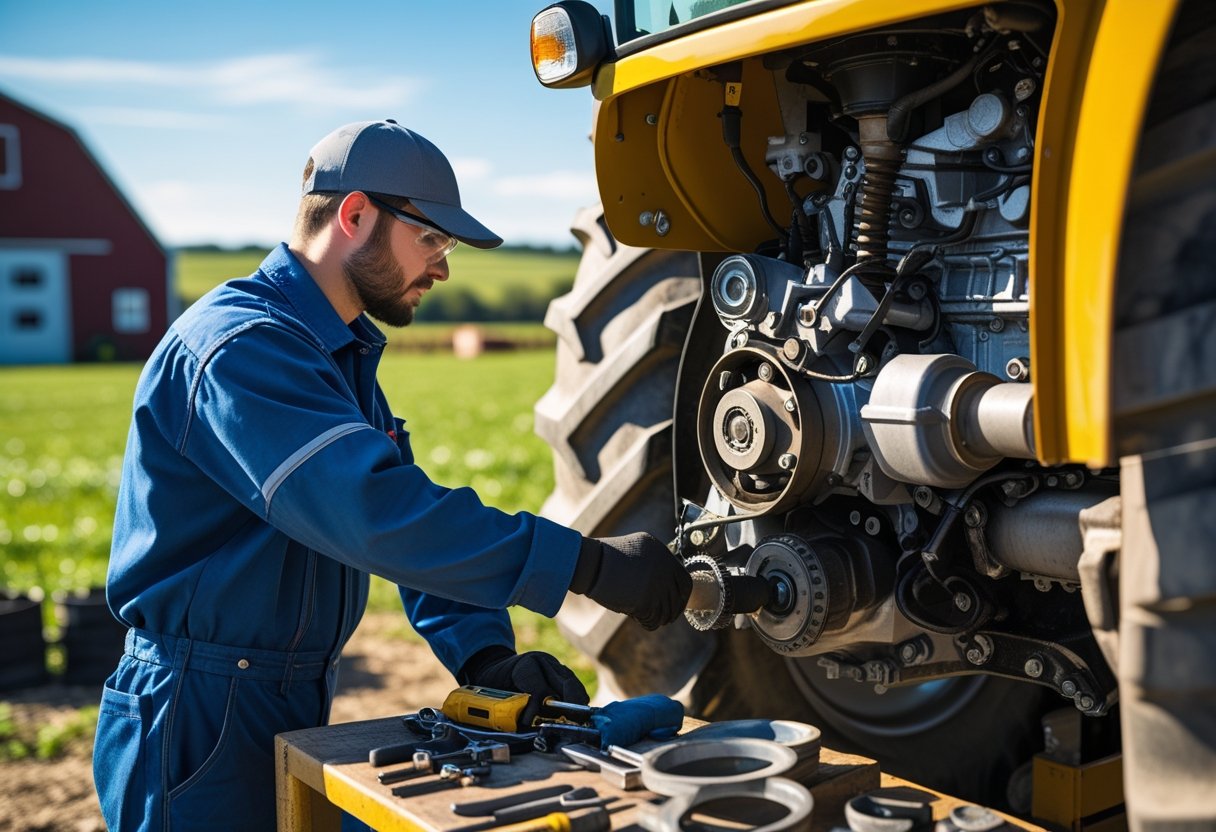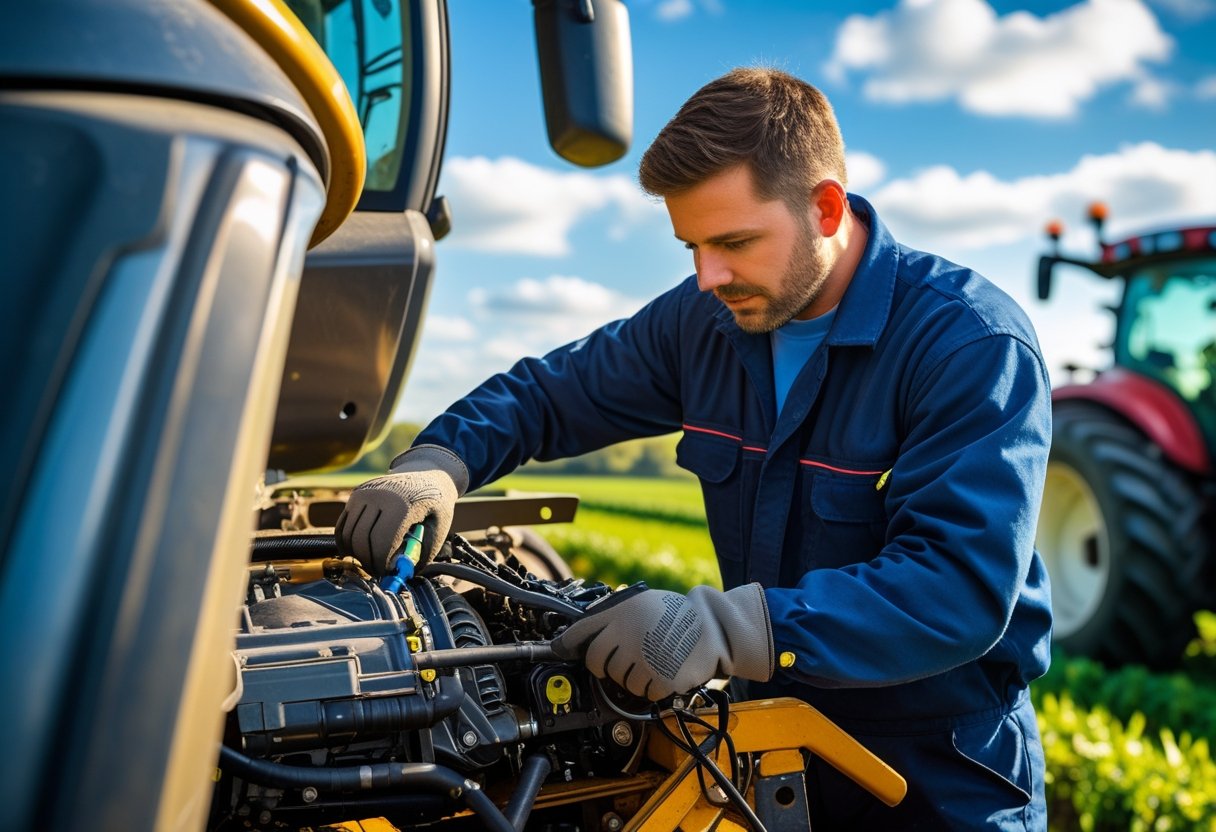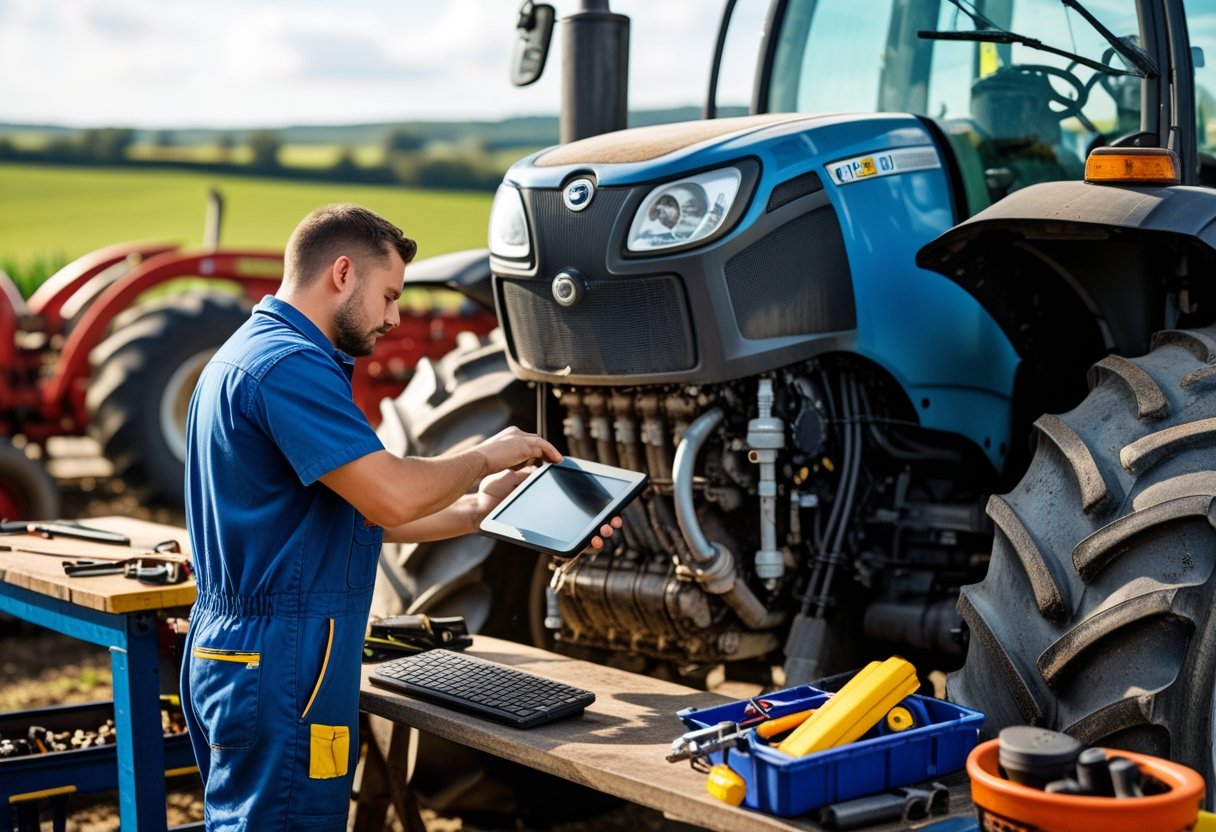How to start saving money
Lorem ipsum dolor sit amet, consectetur adipiscing elit lobortis arcu enim urna adipiscing praesent velit viverra sit semper lorem eu cursus vel hendrerit elementum morbi curabitur etiam nibh justo, lorem aliquet donec sed sit mi dignissim at ante massa mattis.
- Neque sodales ut etiam sit amet nisl purus non tellus orci ac auctor
- Adipiscing elit ut aliquam purus sit amet viverra suspendisse potent
- Mauris commodo quis imperdiet massa tincidunt nunc pulvinar
- Excepteur sint occaecat cupidatat non proident sunt in culpa qui officia
Why it is important to start saving
Vitae congue eu consequat ac felis placerat vestibulum lectus mauris ultrices cursus sit amet dictum sit amet justo donec enim diam porttitor lacus luctus accumsan tortor posuere praesent tristique magna sit amet purus gravida quis blandit turpis.

How much money should I save?
At risus viverra adipiscing at in tellus integer feugiat nisl pretium fusce id velit ut tortor sagittis orci a scelerisque purus semper eget at lectus urna duis convallis. porta nibh venenatis cras sed felis eget neque laoreet suspendisse interdum consectetur libero id faucibus nisl donec pretium vulputate sapien nec sagittis aliquam nunc lobortis mattis aliquam faucibus purus in.
- Neque sodales ut etiam sit amet nisl purus non tellus orci ac auctor
- Adipiscing elit ut aliquam purus sit amet viverra suspendisse potenti
- Mauris commodo quis imperdiet massa tincidunt nunc pulvinar
- Adipiscing elit ut aliquam purus sit amet viverra suspendisse potenti
What percentege of my income should go to savings?
Nisi quis eleifend quam adipiscing vitae aliquet bibendum enim facilisis gravida neque. Velit euismod in pellentesque massa placerat volutpat lacus laoreet non curabitur gravida odio aenean sed adipiscing diam donec adipiscing tristique risus. amet est placerat in egestas erat imperdiet sed euismod nisi.
“Nisi quis eleifend quam adipiscing vitae aliquet bibendum enim facilisis gravida neque velit euismod in pellentesque”
Do you have any comments? Share them with us on social media
Eget lorem dolor sed viverra ipsum nunc aliquet bibendum felis donec et odio pellentesque diam volutpat commodo sed egestas aliquam sem fringilla ut morbi tincidunt augue interdum velit euismod eu tincidunt tortor aliquam nulla facilisi aenean sed adipiscing diam donec adipiscing ut lectus arcu bibendum at varius vel pharetra nibh venenatis cras sed felis eget.
Farm equipment repairs are essential for keeping agricultural operations productive. Timely repairs prevent costly downtime and extend the lifespan of machinery like tractors, combines, and balers.
Understanding common repair needs and accessing expert services helps farm equipment run smoothly throughout the season.

Many farms use local repair shops or mobile mechanics who specialize in agricultural machinery. These experts offer convenient solutions directly on-site.
Regular maintenance and quick fixes for hydraulic failures, engine troubles, or worn parts help ensure that planting and harvesting are not interrupted.
Farmers who invest in proper repair and maintenance enjoy improved equipment performance and lower future costs. Repair services may include replacing parts, servicing major brands, and fixing implements and attachments.
Understanding Farm Equipment Repairs

Farm equipment repairs address mechanical, electrical, and hydraulic issues that affect machinery performance. Timely repairs support operational efficiency and reduce downtime during busy farming periods.
What Qualifies as Farm Equipment Repairs
Farm equipment repairs include fixing or replacing broken parts in tractors, plows, seeders, balers, and other machinery. Repairs range from minor adjustments like tightening bolts or replacing filters to major overhauls of engines or hydraulic systems.
Common repairs involve:
- Engine diagnostics and repairs
- Hydraulic system maintenance
- Electrical wiring fixes
- Tire and wheel repairs
- Seasonal tune-ups and preventive measures
Timely repairs help prevent breakdowns and extend equipment life. Repairs also ensure safety and compliance with operational standards.
Key Types of Agricultural Machinery
Agricultural machinery includes equipment for planting, cultivating, harvesting, and transporting crops. Key types include:
- Tractors: Versatile machines for pulling, lifting, and operating attachments.
- Plows: Used for soil preparation and turning.
- Seeders: Equipment for sowing seeds evenly across fields.
- Balers: Machines that compress and bind hay or straw into bales.
Each machine type has specific repair needs based on its design and use. Understanding their parts and functions is important for proper maintenance.
Importance for Modern Farming
Farm equipment repairs are vital for smooth modern farming operations. Efficient machinery reduces manual labor and supports timely fieldwork during planting and harvest seasons.
Regular maintenance and quick repairs minimize downtime and prevent costly replacements. Dependable equipment helps farmers meet market demands and use resources efficiently.
Common Farm Equipment Issues and Diagnostics

Farm equipment often faces mechanical and system failures due to tough working conditions and frequent use. Effective diagnostics help find the root causes and prevent costly downtime.
Typical Breakdown Causes
Common breakdowns include hydraulic leaks, engine malfunctions, electrical failures, and transmission problems. Hydraulic systems can develop leaks from worn seals or damaged hoses, causing loss of pressure.
Engine problems may result from overheating, fuel contamination, or clogged filters. Electrical issues often involve batteries, wiring damage, or sensor faults.
Transmission failures may come from worn gears or low fluid levels, reducing power. Regular maintenance and timely inspections help detect these issues early.
Modern Diagnostic Tools
Modern diagnostic tools have improved farm equipment service. Portable engine analyzers and handheld scanners connect to machinery through onboard diagnostics (OBD) ports.
These devices provide real-time data on engine performance and error codes. Hydraulic pressure gauges and thermal cameras help technicians find leaks, hot spots, or blockages.
Digital diagnostic tools save time and money by reducing guesswork. Using software designed for specific equipment models ensures accurate troubleshooting.
Identifying Warning Signs
Recognizing warning signs early helps lower repair costs and avoid breakdowns. Operators should listen for unusual noises like knocking or squealing, which can signal worn bearings or belts.
Slow starting or inconsistent engine power may indicate fuel or electrical problems. Fluid leaks under equipment suggest hydraulic or coolant system issues.
Dashboard warning lights should be checked promptly. Monitoring tire condition and vibrations can also reveal alignment or transmission problems.
Essential Farm Equipment Maintenance Practices
Proper care of farm equipment requires regular routines and timely actions to prevent breakdowns and extend machine life. Consistent checks and scheduled servicing help ensure reliable operation.
Routine Inspection Procedures
Farmers should inspect equipment before and after each use. This includes checking oil, coolant, and hydraulic fluid levels to prevent engine damage.
Visual inspections should cover hoses, belts, filters, tires, and electrical connections for wear or leaks. Loose bolts and fittings need tightening.
Using a checklist ensures no part is missed during inspections. Recording inspection results helps track recurring issues for timely repairs.
Preventative Maintenance Strategies
Preventative maintenance follows a set schedule based on manufacturer recommendations and equipment hours. It includes oil changes, lubrication, and replacing worn parts.
Fuel, air, and oil filters must be replaced on time to keep engines running well. Hydraulic systems should be monitored and serviced to prevent failures.
Keeping service records and using equipment management software helps forecast maintenance needs. This reduces downtime and repair costs.
Seasonal Equipment Care
Adjusting maintenance routines for each season helps optimize equipment performance. Before busy seasons, machines should be serviced and calibrated.
Winterizing equipment involves draining fluids that could freeze and protecting metal parts with lubricants. Storing machinery under cover prevents rust.
In spring, equipment should be cleaned, checked for winter damage, and lubricated. Before harvest, focus on moving parts and harvest-specific components to ensure readiness.
Repair Services and Solutions
Farm equipment repair needs timely, effective solutions to reduce downtime. Professional services fix machinery on the farm or in specialized shops.
Mobile repair options bring expertise directly to the equipment’s location.
On-Site Equipment Repair
On-site repair services minimize interruptions by fixing equipment where it is used. Technicians bring tools and parts to the farm, so machines do not need to be transported.
Common on-site repairs include diagnostics, engine fixes, hydraulic system repairs, and routine maintenance. This is ideal for critical machines used in planting or harvest.
On-site repairs reduce downtime and help farmers return to work quickly. Technicians may also perform preventive checks during visits.
In-Shop Repair Options
In-shop repairs offer a controlled setting with advanced equipment for major repairs. Complex jobs like engine rebuilds or transmission replacements are best handled in the shop.
Shops often provide fabrication, painting, and finishing to restore equipment. Machinery needing detailed inspection or major part replacement benefits from shop repairs.
Transporting equipment to the shop can increase downtime, but allows for thorough service. Many shops offer quotes and follow-up services for quality assurance.
Mobile Repair Services
Mobile repair services bring certified mechanics and specialized equipment to the farm. They handle a wide range of machinery, including tractors, harvesters, and conveyors.
Mobile units carry diagnostic tools and replacement parts, allowing repairs even in remote areas. This ensures fast service during busy seasons.
Farmers benefit from the flexibility and quick scheduling of mobile repairs. Providers focus on fixing equipment correctly the first time to avoid repeat visits.
Replacement Parts and Custom Solutions
Farm equipment repairs often need reliable replacement parts and custom solutions. Access to quality parts and custom components affects machine performance and downtime.
Sourcing Quality Replacement Parts
Farmers should use parts that match their equipment’s specifications. Authorized dealers and suppliers offer OEM parts for brands like John Deere, Case-IH, and Massey Ferguson.
OEM parts help maintain equipment integrity and warranty. High-quality aftermarket parts can save money but should be checked for compatibility and durability.
Choosing reputable dealers reduces the risk of part failure. Availability of parts like electronics or drive shafts varies, so trusted suppliers with wide inventories are important.
Custom Parts Fabrication
When standard parts are unavailable, custom fabrication is needed. Specialists design and make parts to exact specifications, sometimes improving durability.
Custom solutions include modified wear parts or redesigned components. Precision engineering ensures the right fit and better performance for specific machinery.
Fabricators use methods like 3D printing and CNC machining to create parts quickly. This reduces downtime when original parts cannot be found.
Parts Availability and Lead Times
Fast access to replacement parts reduces downtime during peak seasons. Availability depends on supplier stock, part complexity, and whether the part is standard or custom.
Established dealers keep inventories for quick turnaround on common parts. Custom parts take longer due to design and manufacturing.
Farmers should plan repairs with lead times in mind, especially for older or uncommon equipment. Good communication with suppliers helps coordinate efficient repairs.
Servicing Specialized Equipment
Proper maintenance and timely repairs are crucial for specialized farm machinery. Each type of equipment has unique parts and requires specific service routines to keep it working well in the field.
Sprayers Maintenance and Repair
Sprayers need regular calibration to keep chemical application rates accurate. Checking nozzles for clogs or wear is essential, as damaged nozzles cause uneven spraying and waste inputs.
Pump and hose integrity must be monitored closely. Leaks or cracks can affect pressure and spray patterns, leading to application errors.
Seasonal cleaning and flushing of tanks prevent residue buildup. This helps avoid clogs in the system.
Electronic components like GPS or flow sensors need inspection to ensure precise control. Firmware updates and battery checks help prevent failures during spraying.
Balers Service Requirements
Balers require routine inspections of knotters, belts, and twine systems. Worn knotters may fail to secure bales, risking losses during transport or storage.
Belts should be checked for wear and proper tension. This prevents slippage or breaks that can stop operations.
Lubricating moving parts reduces friction and extends component life. Daily cleaning of debris, especially around the pickup and feeding system, prevents blockages.
Monitoring the hydraulic system for leaks or pressure drops is important. This helps maintain bale density and machine responsiveness.
Unique Considerations for Tillage and Planting Machinery
Tillage and planting equipment have complex configurations that need precise adjustments. Blades, discs, and coulters must be sharpened or replaced regularly to maintain effective soil penetration.
Depth control systems require accurate calibration for uniform seed placement. This directly affects crop emergence and yield.
Hydraulic circuits should be inspected for leaks and responsiveness. Uneven pressure can compromise planting consistency.
Fastener tightness and frame integrity must be checked to prevent structural failures. Using manufacturer-recommended parts and service intervals helps avoid downtime during planting seasons.
Choosing a Trusted Farm Equipment Repair Provider
Selecting a reliable repair provider requires attention to credentials and technician expertise. The relationship between dealers and independent services also matters.
These factors affect service quality and equipment longevity. Minimizing downtime is important for farm operations.
Evaluating Repair Shop Credentials
Farmers should verify a repair shop’s reputation before using their services. Checking accreditations, customer reviews, and industry ratings provides insight into reliability.
It is important to confirm if the shop has experience with specific equipment brands. Shops specializing in agricultural machinery usually deliver faster diagnostics and repairs.
Farmers should review available warranty policies and service guarantees. Transparent pricing and clear communication about repair timelines are also key.
Importance of Certified Technicians
Certified technicians have specialized knowledge in farm equipment repairs. This certification means they understand manufacturer standards and safety protocols.
Using certified professionals often leads to more accurate diagnostics and proper maintenance. They can identify problems that cause breakdowns and help extend equipment life.
Technicians trained on the latest technology and machinery models offer efficient repairs. Their expertise supports the use of approved parts and tools.
Working with Dealers and Independent Technicians
Dealers offer advantages like access to genuine parts. They also provide manufacturer-backed technical support.
Their knowledge of brand-specific equipment ensures precise service. Dealers often handle warranty repairs.
Independent repair technicians provide more flexibility. Many offer mobile services directly on the farm.
This convenience saves time. It is especially helpful during busy seasons when equipment uptime is important.
Choosing between dealers and independent technicians depends on cost, urgency, and repair complexity.
FactorDealerIndependent TechnicianParts AvailabilityGenuine, brand-specificMay vary, sometimes aftermarketService LocationUsually at service centersOften mobile, on-site serviceWarranty CoverageManufacturer-backedLimited or no warrantyCostGenerally higherOften lower



